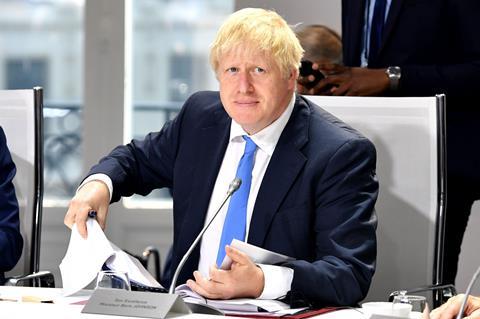
As the political machinations around Brexit took another dramatic turn this week, research for The Grocer shows consumer fears about food shortages are growing.
With fewer than 10 weeks to go until the 31 October date for the UK to leave the EU, an Him poll of 1,000 shoppers found that 14% had already started stockpiling. This was up from the 11% of shoppers who were stocking up according to a similar poll carried out ahead of the original Brexit date of 29 March.
The latest research also found that 61% of shoppers were expecting some food shortages if a no-deal came to fruition. Just 39% thought there would be shortages when asked the same question in February.
The biggest area of concern for shoppers was fruit & vegetables. Of those who believe supplies would be hit by no-deal, 41% expected fresh produce to be affected. Some 29% expected disruption to the meat category. For fish this figure was 23%, while 25% also foresaw difficulty in acquiring over-the-counter medicines.
“Retailers are increasing stocks of some non-perishable goods to try and minimise any disruption as best they can,” said BRC director of food & sustainability Andrew Opie. “The best way forward continues to be for the UK to agree a deal with the EU that allows for frictionless, tariff-free trade after 31 October.”
Food and drink leaders demand answers to 11 no-deal preparation questions
While the political focus this week was on Boris Johnson’s plans to suspend parliament to limit the possibility of MPs blocking a no-deal, food leaders accused the government of leaving businesses in the dark over vital information needed to prepare for no-deal. They said key questions concerning customs arrangements, documentation and the impact of tariffs remained unanswered.
The FDF said ministers were ignoring calls for clarity from businesses most likely to be affected.
Having sent a list of 50 key questions covering areas such as arrangements for import and exports, logistics and documentation, it said 11 had been completely unanswered, while a further five had only been partially addressed.
The questions range from asking whether the Customs Declaration Service would be ready to handle all customs declarations from 31 October, to plans to ensure the speed of the flow of trade continues.
The trade body is now urging a meeting with Michael Gove and new Defra secretary Theresa Villiers, calling for them to fill in the blanks.
“With the prospect of a no-deal seemingly ever more likely, it’s vital the government helps provide guidance for those whose businesses stand to be affected,” said FDF CEO Ian Wright.
“Instead we have not had answers to a series of vital questions that businesses need to prepare for a hard Brexit.”
“The level of uncertainty has been ramped up. Our members are worried about the future of their businesses and we are seeking clarity.”







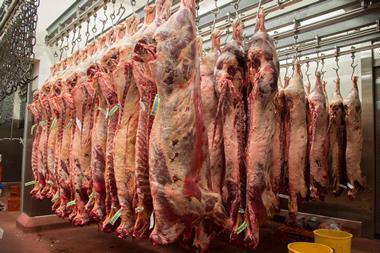
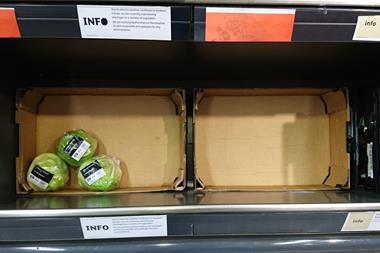

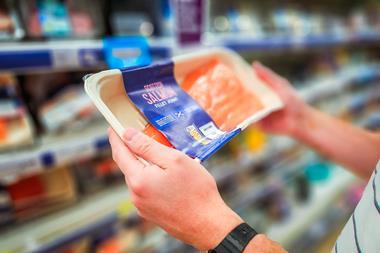

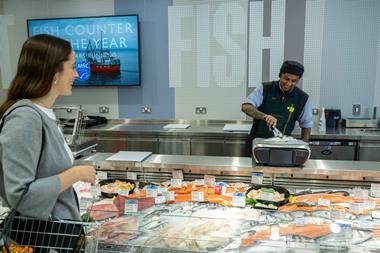





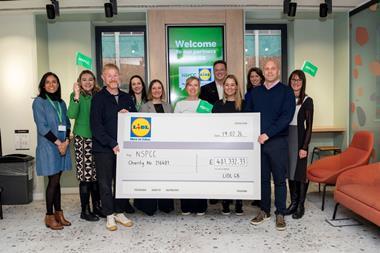
No comments yet